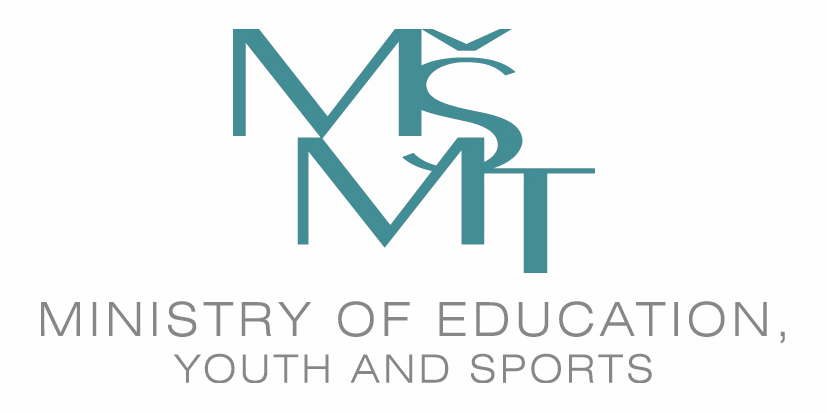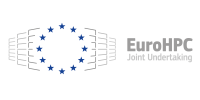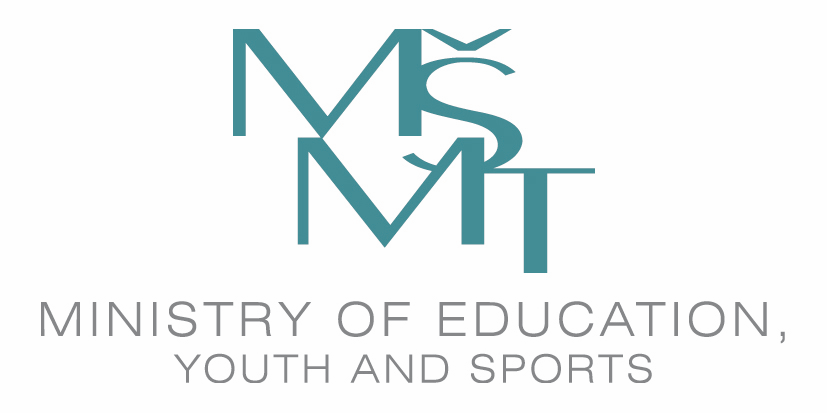- Indico style
- Indico style - inline minutes
- Indico style - numbered
- Indico style - numbered + minutes
- Indico Weeks View
[ONLINE] IO-SEA: Phobos - object store on tapes
→
Europe/Prague
online
online
Description
Annotation
This hands-on workshop organized under the umbrella of the IO-SEA project will introduce Phobos, object storage on tapes.
The workshop consists of two 3-hour sessions, once a day:
- The first session describes a small state-of-the-art of storage architecture in HPC by precising our need for developing Phobos. Then we present a basic set of features: managing tapes on a virtual tape library, put/get objects to and from tapes, managing POSIX filesystems, etc. It will be the occasion to learn more about tape storage technologies, and more generally I/O libraries, and how to manage them in a virtual environment.
- The second session goes further and presents ways to tune Phobos, and use advanced features, such as resource tags, versioning, object deletion, etc. As in the first session, we start by presenting those features, then let you try them by doing exercises and trying to resolve some (simple) issues in Phobos system.
Benefits for the attendees, what will you learn
Attendees will be introduced to storage architectures for HPC. The event focuses on Phobos, an object storage software used within the IO-SEA project, and will enable the attendees to:
- Know more about storage architectures for HPC
- Know more about object storage
- Know more about storage technology specificities
- Understand Phobos, open-source software to efficiently manage objects on tapes
- Learn how to set up and use Phobos in a VM environment
- Practice exercises on Phobos: storing, retrieving, and manipulating data
Level
intermediate
Language
English
Prerequisites
Experience with UNIX systems and shell, basic knowledge of storage systems.
Tutors
Guillaume Courrier has been a developer at CEA for 2 years, working on Phobos and Robinhood. He also contributes to Lustre development.
Sebastien Gougeaud works at CEA for 3 years in the HPC division. He is currently a software developer, working on RobinHood and Phobos. He also leads the research of a team of data scientists to use machine learning algorithms to better understand and manage computation clusters.
Acknowledgments



This work was supported by the IO-SEA project. This project has received funding from the European High-Performance Computing Joint Undertaking (JU) under grant agreement No 955811. The JU receives support from the European Union’s Horizon 2020 research and innovation programme and France, Germany, the United Kingdom, Ireland, the Czech Republic, Sweden. This project has received funding from the Ministry of Education, Youth and Sports of the Czech Republic (ID: MC2105).

This course was supported by the Ministry of Education, Youth and Sports of the Czech Republic through the e-INFRA CZ (ID:90254).
All presentations and educational materials of this course are provided under the Creative Commons Attribution-ShareAlike 4.0 International (CC BY-SA 4.0) license.
Support

